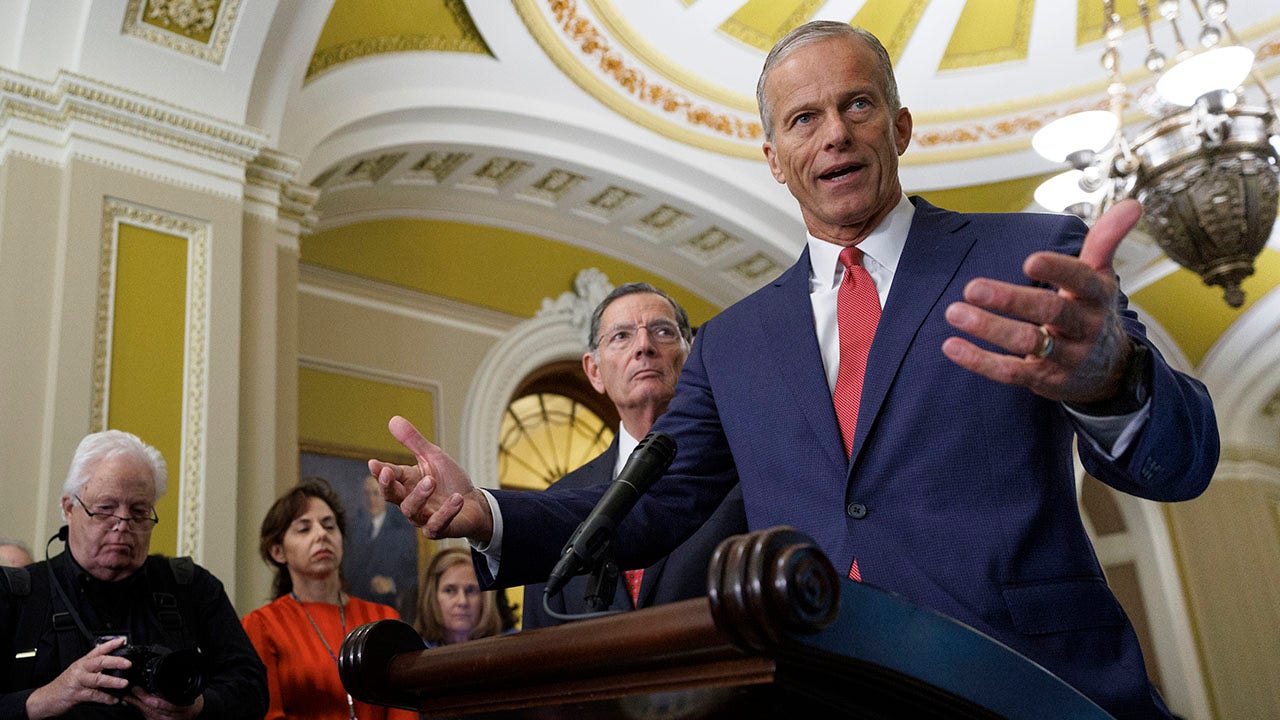Controversial Provision Sparks Outrage and Division in Congress Over Government Shutdown Bill
A controversial provision in a government shutdown bill, allowing senators recourse against executive overreach, sparked bipartisan outrage and was repealed by the House, creating a leadership divide.
Overview
- Lawmakers from both parties expressed outrage over a last-minute provision in a government shutdown bill, which allowed senators recourse against executive overreach, citing lack of prior notice.
- Senate Majority Leader John Thune included this controversial measure in the shutdown bill, securing approval from Senate Minority Leader Chuck Schumer before its eventual repeal.
- The provision's unexpected inclusion sparked widespread frustration among congressional members, highlighting concerns about transparency and proper legislative process during critical funding debates.
- Referred to as the "Arctic Frost" provision, it was later repealed by the House of Representatives, effectively nullifying its controversial allowance for senatorial action.
- House Speaker Mike Johnson was reportedly caught off guard by the House's decision to repeal the provision, causing a significant divide between him and Senator Thune.
Report issue

Read both sides in 5 minutes each day
Analysis
Analysis unavailable for this viewpoint.
Articles (4)
Center (0)
No articles found in the Center category
FAQ
The 'Arctic Frost' provision allowed senators recourse against executive overreach during a government shutdown funding debate.
Lawmakers were outraged because the provision was added last-minute without prior notice, raising concerns about transparency and proper legislative process.
House Speaker Mike Johnson was reportedly caught off guard by the House's decision to repeal the Arctic Frost provision, causing a significant leadership divide with Senator Thune.
Senate Majority Leader John Thune included the provision with the approval of Senate Minority Leader Chuck Schumer.
The House voted to repeal the 'Arctic Frost' provision, effectively nullifying its allowance for senatorial action against executive overreach.
History
- This story does not have any previous versions.



